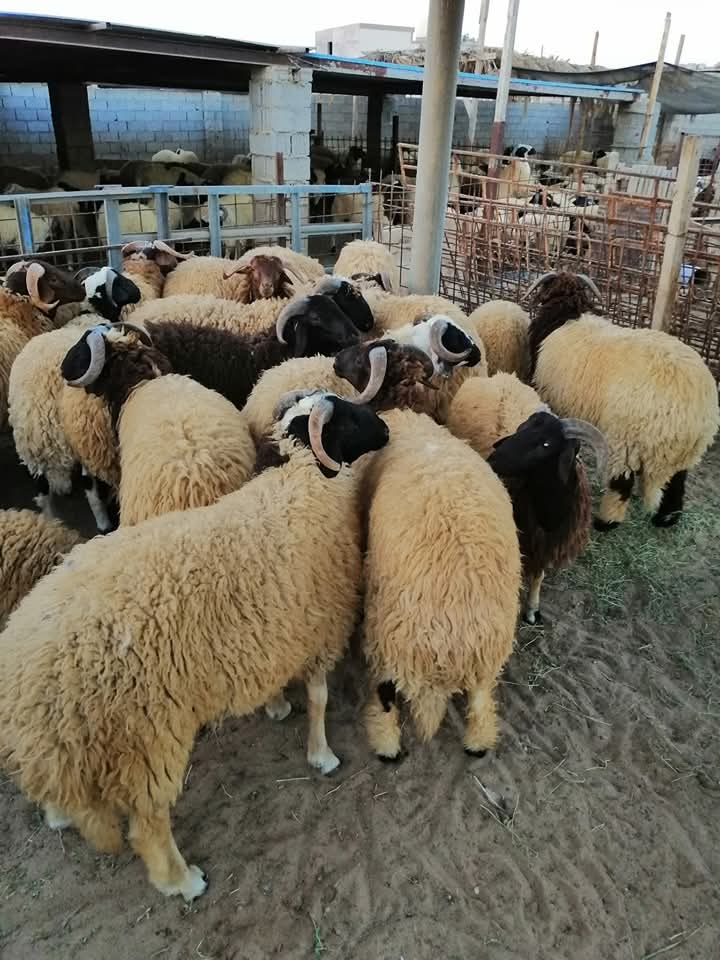Benghazi – Saleh Boumbarka, Director of the Jebel Akhdar Livestock Department, stated that the department is continuing to provide support to breeders, stressing the need for cooperation with relevant authorities to ensure all forms of support are provided and to preserve local livestock.
Boumbarka explained that preserving and breeding local livestock primarily depends on not slaughtering females. He noted that this decision might lead to higher prices initially but will achieve market stability within four years and ensure the continued reproduction of local breeds.
He indicated that the implementation of this decision is contingent on several conditions, most importantly providing quarterly government support to breeders, especially during the autumn and winter seasons, given the difficulties livestock face compared to spring and summer, when grazing is better and medicines are more readily available.
Boumbarka called for the reopening of feed factories to ensure the availability of feed at reasonable prices, noting that breeders are suffering from high feed prices and a variety of medicines, some of which are unreliable. This necessitates state intervention to provide medicines at cost price and to make support conditional on these provisions being met.
He revealed that livestock numbers previously exceeded 680,000 head but declined to 370,000 head after the latest count in 2024. Meanwhile, the number of breeders in the Al-Bayda municipality dropped from 2,160 to 1,070, reflecting the need for sustainable government solutions.
Boumbarka affirmed that the department will provide routine vaccinations at cost price and will take measures against those who slaughter ewes, considering it a key step to ensure the sustainability of the livestock population, while linking support to specific conditions for breeders.
He pointed out that adhering to these conditions and providing the required support will yield tangible long-term results, contributing to the preservation of local livestock, supporting the resilience of breeders, and stimulating breed proliferation and improving production.
Boumbarka also stressed that the department is exploring alternative solutions, including importing livestock for five years to protect the animal population, with close monitoring of the impact of support and other measures on the market and breeder numbers to ensure positive and sustainable outcomes.
